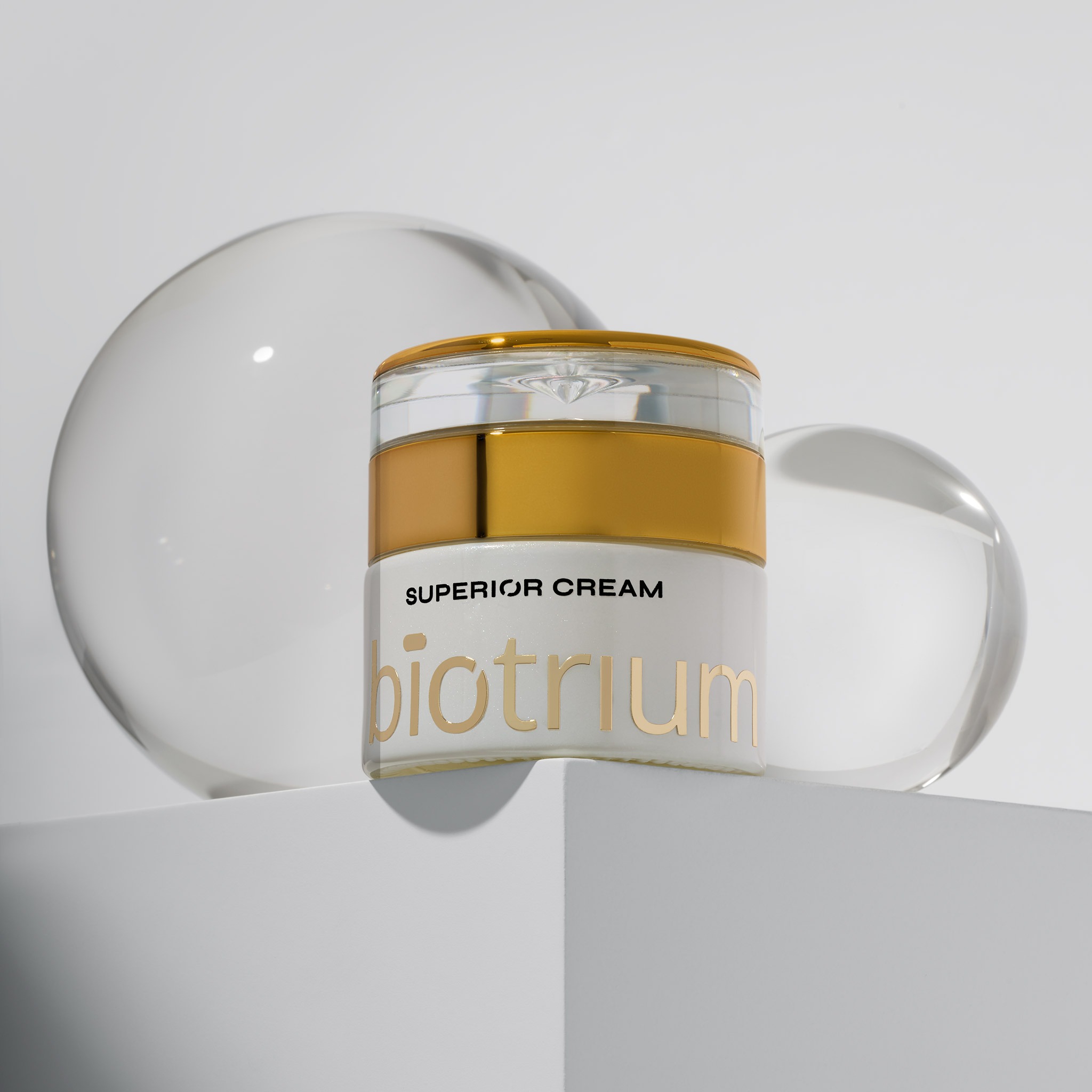No products in the cart.

What is skin health?
Skin health refers to the condition of the skin, including its appearance, texture, and ability to perform its various functions. Healthy skin is smooth, well-hydrated, and has an even colour. It’s free from blemishes and infections, and it is neither too dry nor too oily.
Here are some key aspects of skin health:
- Barrier Function: The skin acts as a barrier protecting our bodies from harmful environmental elements such as bacteria, viruses, pollutants, and UV radiation. Healthy skin maintains this barrier effectively.
- Hydration: Healthy skin is well-hydrated, which helps it remain flexible and resilient. Proper hydration levels also support the skin’s natural repair processes.
- Nutrition: Healthy skin is nourished with the right nutrients, either through diet or topical application. This includes vitamins, antioxidants, and essential fatty acids that help maintain skin function and structure.
- Circulation: Good circulation is essential for skin health, as it ensures that nutrients and oxygen reach the skin cells, and waste products are effectively removed.
- Cell Renewal: Skin constantly undergoes a cycle of cell growth and renewal. Healthy skin maintains this cycle effectively, leading to a smooth and youthful appearance.
- Complexion: Healthy skin has a clear, even complexion without excessive pigmentation, redness, or dullness.
- Sensitivity: Healthy skin has a balanced reaction to irritants and allergens, meaning it doesn’t react excessively to substances or conditions that are typically not harmful.
Maintaining skin health requires a combination of good nutrition, proper hydration, protection from the sun and harsh elements, and an appropriate skincare routine. This may include cleansing, moisturizing, and using products suited to one’s specific skin type and conditions.





Leave a Comment: